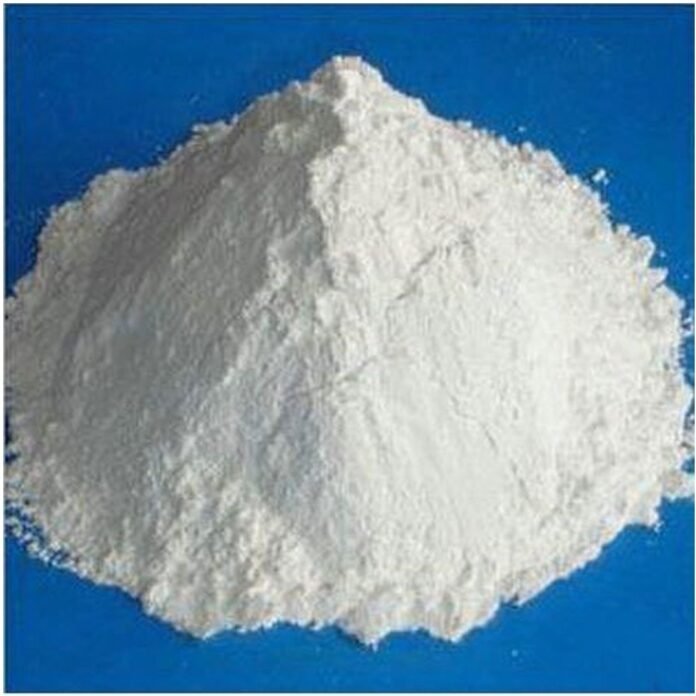Plastic products have become a staple of modern life due to their versatility and wide range of applications. However, to improve the performance of plastics, manufacturers often use additives. One such essential additive is activated calcium carbonate. This material plays a significant role in enhancing the quality, durability, and efficiency of plastic products, making it a popular choice in the industry.
Enhancing Durability and Strength
Activated calcium carbonate is commonly used to strengthen plastic products. When added during the manufacturing process, it provides additional support to the plastic, making it more durable and able to withstand wear and tear. This added strength is particularly useful in products that are exposed to regular stress, such as packaging materials and automotive components. The use of activated calcium carbonate helps these plastic products maintain their shape and functionality over time.
Improving Cost-Effectiveness
Another reason activated calcium carbonate is used in plastic products is that it reduces the overall production costs. By blending this additive with the base plastic materials, manufacturers can produce more material without compromising the product’s quality. This process not only saves raw material costs but also enhances the efficiency of production. As a result, the final plastic products are more affordable for both manufacturers and consumers.
Enhancing Surface Properties
Activated calcium carbonate also plays a role in improving the surface properties of plastic products. It helps create a smoother and more even surface, which is essential for products like packaging films and containers. This smoother finish is not only aesthetically pleasing but also functional, as it makes the products easier to handle and less prone to damage. Additionally, the additive can improve the overall appearance of plastic products, making them more appealing to consumers.
Reducing Environmental Impact
While plastic products are often associated with environmental concerns, the use of activated calcium carbonate can help mitigate some of these issues. By reducing the amount of raw plastic material required in production, the additive helps lower the carbon footprint of manufacturing processes. Additionally, certain formulations of activated calcium carbonate make plastics more recyclable, further reducing their environmental impact.
Enhancing Heat Resistance
In many applications, plastic products need to withstand high temperatures without deforming or breaking down. Activated calcium carbonate improves the heat resistance of plastics, making them more suitable for use in environments where they are exposed to high temperatures. This property is especially important for plastic products used in electronics, automotive parts, and construction materials.
Increasing Flexibility
Activated calcium carbonate can also contribute to the flexibility of plastic products. In applications where plastics need to be bendable or shaped into different forms, the additive helps enhance the flexibility of the material. This flexibility is crucial for products like plastic films, hoses, and tubing, which require the ability to stretch or bend without breaking.
Conclusion
Activated calcium carbonate has become an indispensable component in the production of plastic products. From improving strength and durability to enhancing surface properties and reducing production costs, this additive plays a crucial role in the plastic industry. Furthermore, its benefits in heat resistance and environmental impact make it a valuable resource for creating better plastic products for a wide range of applications.


